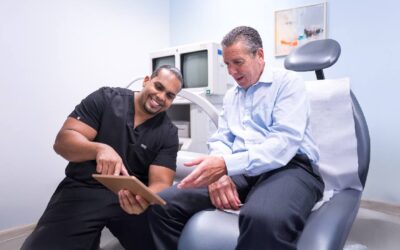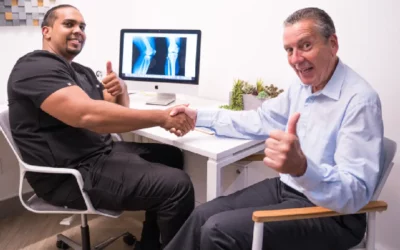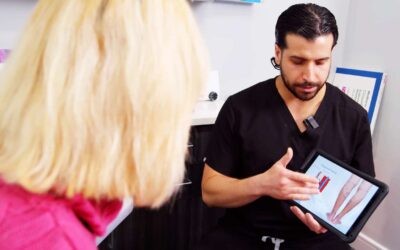How To Fix Varicose Veins? Conservative & Minimally Invasive Treatments For Varicose Veins
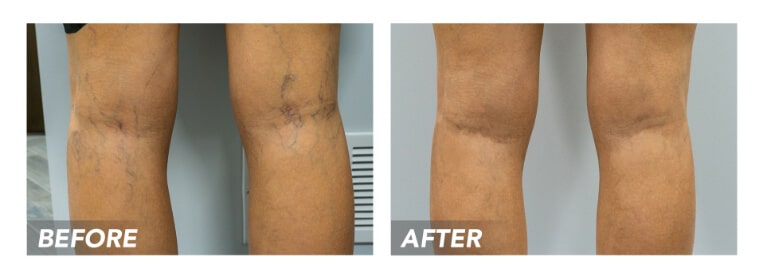
How to fix varicose veins?
Varicose veins are swollen and twisted veins that usually occur in the legs and feet. They are common conditions caused by various factors, including genetics, obesity, pregnancy, and a sedentary lifestyle. Varicose veins can cause discomfort, pain, and emotional distress and can be symptomatic of a dangerous medical condition known as chronic venous insufficiency. If you have varicose veins, you may wonder about the solution. This article explores some conservative and minimally invasive treatments for varicose veins.
Conservative Treatments
One of the simplest and most effective ways to treat varicose veins is to wear compression stockings. These special stockings apply pressure to the legs, which reduces swelling and improves circulation. Wearing compression stockings can alleviate the symptoms of varicose veins and chronic venous insufficiency and may prevent them from worsening. However, compression stockings can’t fix the underlying saphenous vein, so the relief is temporary.
Lifestyle changes can also be an effective way to treat varicose veins. If you are overweight or obese, losing weight can reduce the pressure on your veins and improve circulation. In addition, regular exercise can improve circulation and strengthen the muscles in your legs, preventing varicose veins from forming. Some of the best exercises for varicose veins are running, swimming, cycling, and yoga because they engage your calf muscles and improve blood flow.
Minimally Invasive Treatments
If lifestyle changes and compression stockings are not enough to alleviate the symptoms of varicose veins, several minimally invasive treatments may be effective. You must visit a medical center for vein treatment specializing in minimally invasive spider vein and varicose vein treatments. The vein doctor must examine your leg veins, discuss your symptoms, administer duplex ultrasound tests, and curate a personalized vein treatment plan.
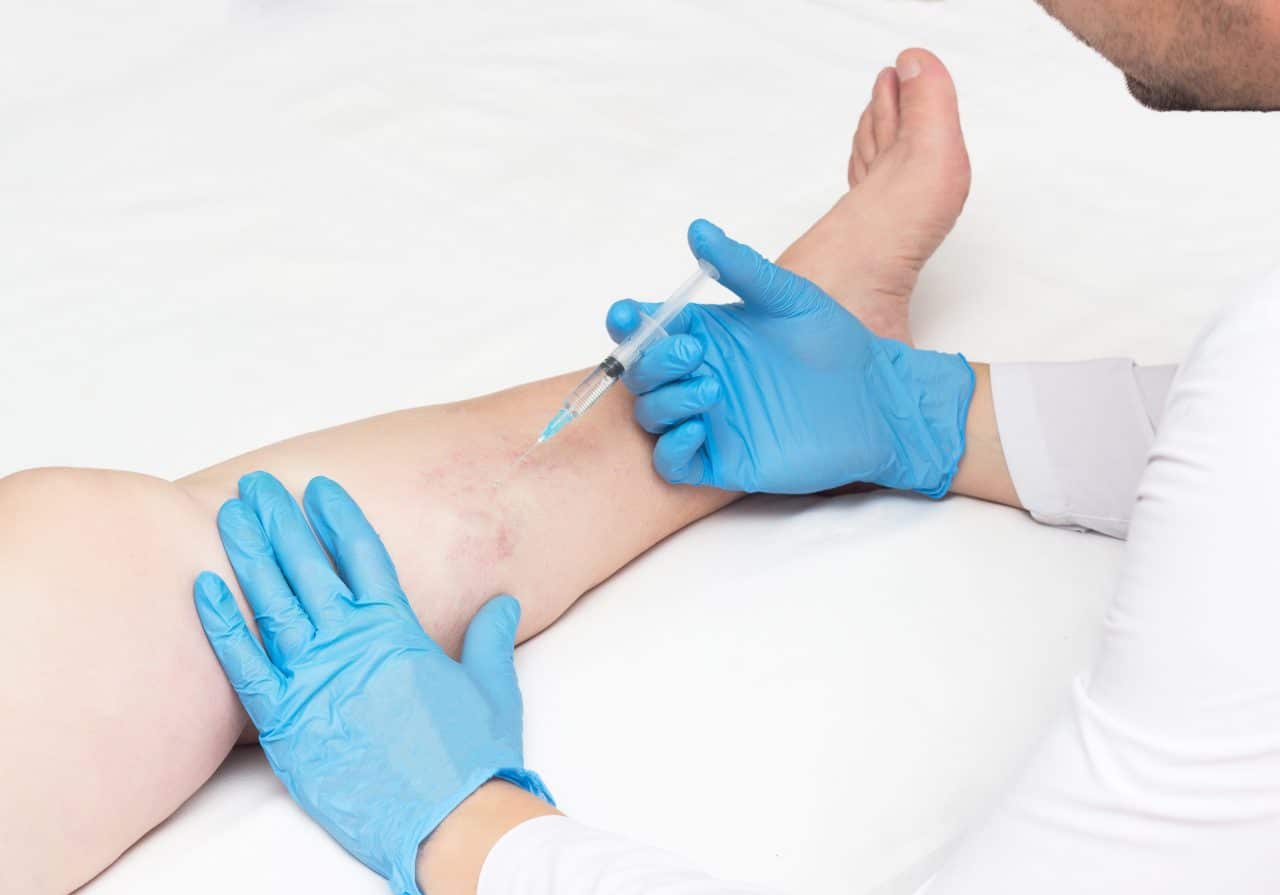
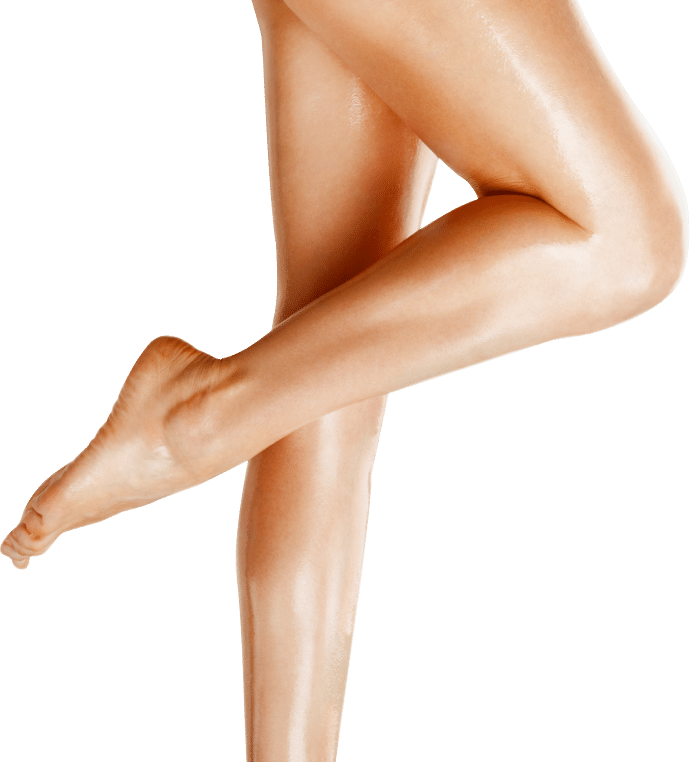
BOOK AN APPOINTMENT
Do you have any symptoms? Consult now with one of the Best Vein Specialist in New Jersey
The following are some of the best minimally invasive treatments for varicose veins:
- Radiofrequency ablation uses heat to seal off the affected vein. The heat is delivered through a small catheter inserted into the vein through a small incision. This procedure is done in an outpatient setting and can be performed under local anesthesia.
- Endovenous laser ablation is another minimally invasive treatment for varicose veins. This procedure uses laser energy to seal off the affected vein. Like radiofrequency ablation, it is usually done in an outpatient setting and can be performed under local anesthesia.
- VenaSeal treatment is a newer procedure that uses a special adhesive to seal off the affected vein. This treatment is relatively quick. It is usually performed under local anesthesia and does not require heat or lasers, so the risk of nerve damage is lower.
- Ambulatory phlebectomy is a surgical procedure used to remove varicose veins. During the procedure, small incisions are made in the skin through which the affected veins are removed. This is a cosmetic procedure, usually performed after the primary vein treatment.
In conclusion, there are several treatments for varicose veins, ranging from conservative measures like wearing compression stockings and making lifestyle changes to minimally invasive procedures like radiofrequency ablation, endovenous laser ablation, VenaSeal treatment, and ambulatory phlebectomy. If you suffer from varicose veins, please consult a board-certified vein doctor to determine the best vein treatment in New Jersey.
New Jersey Vein Treatment is a group of state-of-the-art medical centers led by board-certified vein doctors in New Jersey. We have offices throughout New Jersey, including Clifton, Paramus, Woodland Park, Woodbridge, and Scotch Plains. If you’re in or around Westfield and Plainfield, you can find our medical center for vein treatment at 2253 South Avenue, Suite 2, Scotch Plains, between the garden state parkway and NJ-78.
Please schedule an appointment to explore your minimally invasive treatments in New Jersey.
What is the main cause of varicose veins?
The main cause of varicose veins is chronic venous insufficiency, a condition in which the veins have difficulty carrying blood back to the heart. This can be caused by various factors, including genetics, obesity, pregnancy, and a sedentary lifestyle. When the veins cannot properly transport blood, it can cause blood to pool in the legs, leading to the formation of varicose veins.
Can you fix varicose veins on your own?
Unfortunately, varicose veins cannot be fixed on your own. While some home remedies may temporarily relieve varicose veins’ symptoms, such as wearing compression stockings and elevating your legs, these treatments will not address the underlying cause. To fully treat varicose veins, it is necessary to seek medical attention.
How can I reverse varicose veins naturally?
Some natural remedies may reverse varicose veins, but it is important to note that these remedies are not a substitute for medical treatment. Some natural remedies that may be helpful include:
- Exercise: Regular exercise can improve circulation and strengthen the muscles in your legs, which can prevent varicose veins from forming.
- Diet: A diet rich in fiber and low in salt can improve circulation and reduce the risk of developing varicose veins.
- Elevation: Elevating your legs can reduce swelling and improve circulation.
- Massage: Massaging the affected area can improve circulation and alleviate discomfort.
What makes varicose veins worse?
Several factors can make varicose veins worse, including:
- Standing or sitting for long periods of time: When you stand or sit for long periods of time, it can put extra pressure on your veins, which can make varicose veins worse.
- Being overweight: Being overweight can put extra strain on your veins, which can contribute to the development of varicose veins.
- Pregnancy: Pregnancy can cause an increase in the volume of blood in the body, which can put extra strain on the veins.
What happens if varicose veins are left untreated?
If varicose veins are left untreated, they can become worse over time. In some cases, varicose veins can lead to complications such as skin ulcers, blood clots, and even bleeding. It is important to seek medical attention if you are experiencing discomfort or pain due to varicose veins or if you are concerned about the appearance of your veins. Our board-certified vein doctors can diagnose the root cause of varicose veins and curate a personalized treatment plan.
NJ Vein Doctors
Meet our team of New Jersey Vein Treatment Specialists
Vein Treatments are covered by most major medical insurances, including Medicare. Call us today to verify your insurance for FREE >
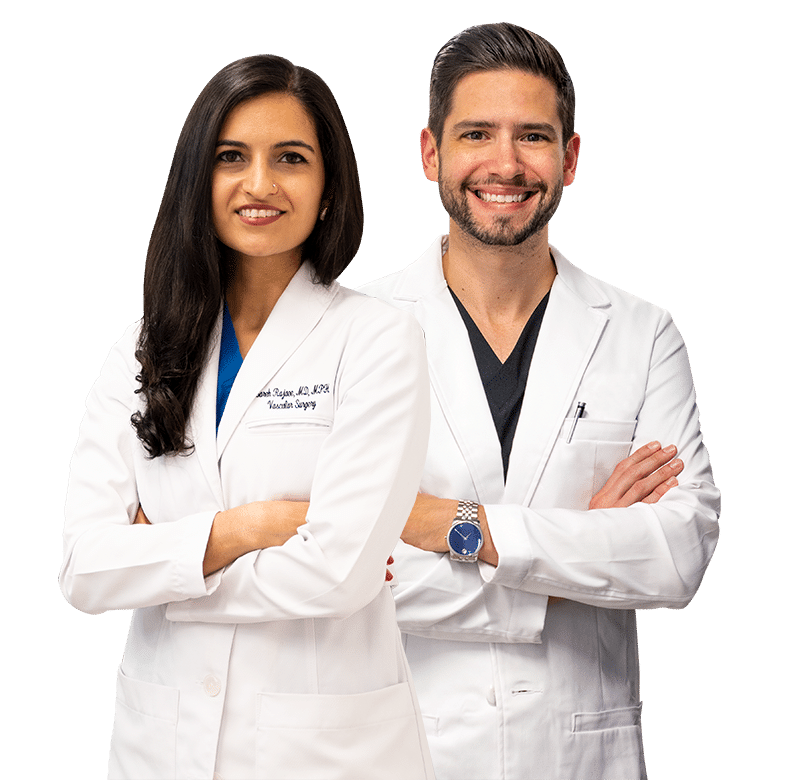
Meet our Team of Top Vein Specialists in New Jersey
Contact us
CALL US
Speak instantly with one of our team members; they will answer any questions you may have regarding insurance coverage, booking an appointment and our vein treatment locations. (973) 946-8082
BOOK APPOINTMENT
Visit our Book Appointment page and instantly request an appointment at the New Jersey vein center. We offer Free Insurance Verification before your appointment.
